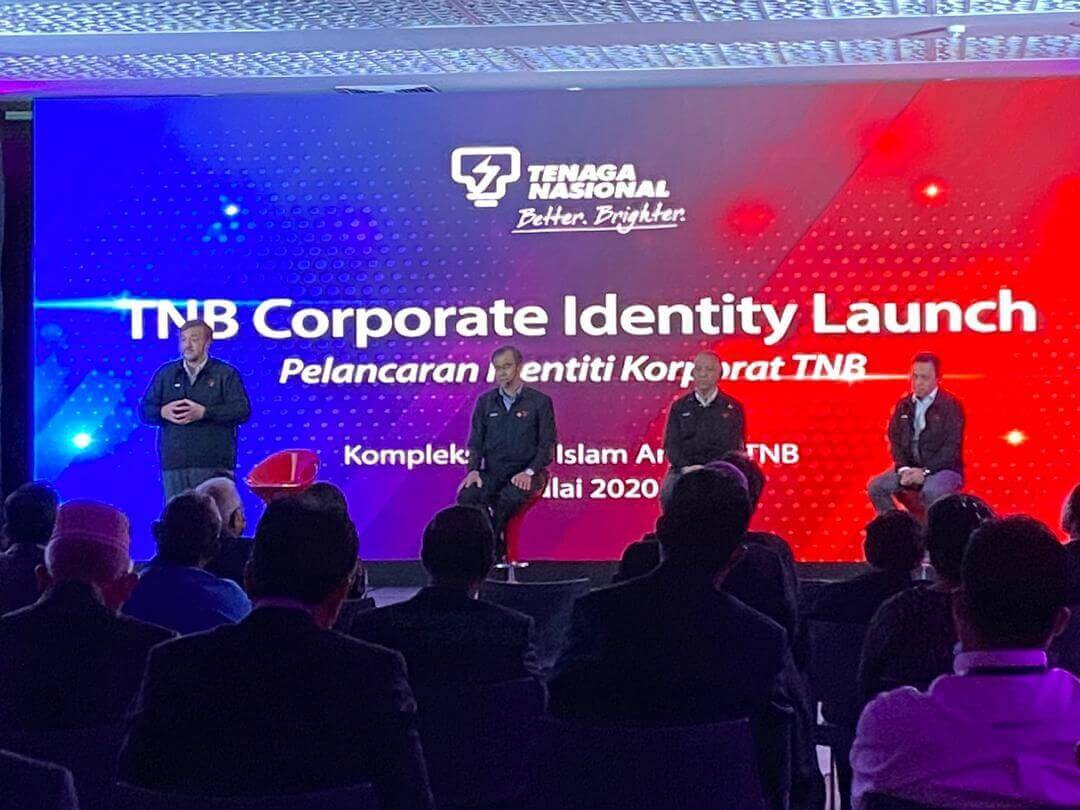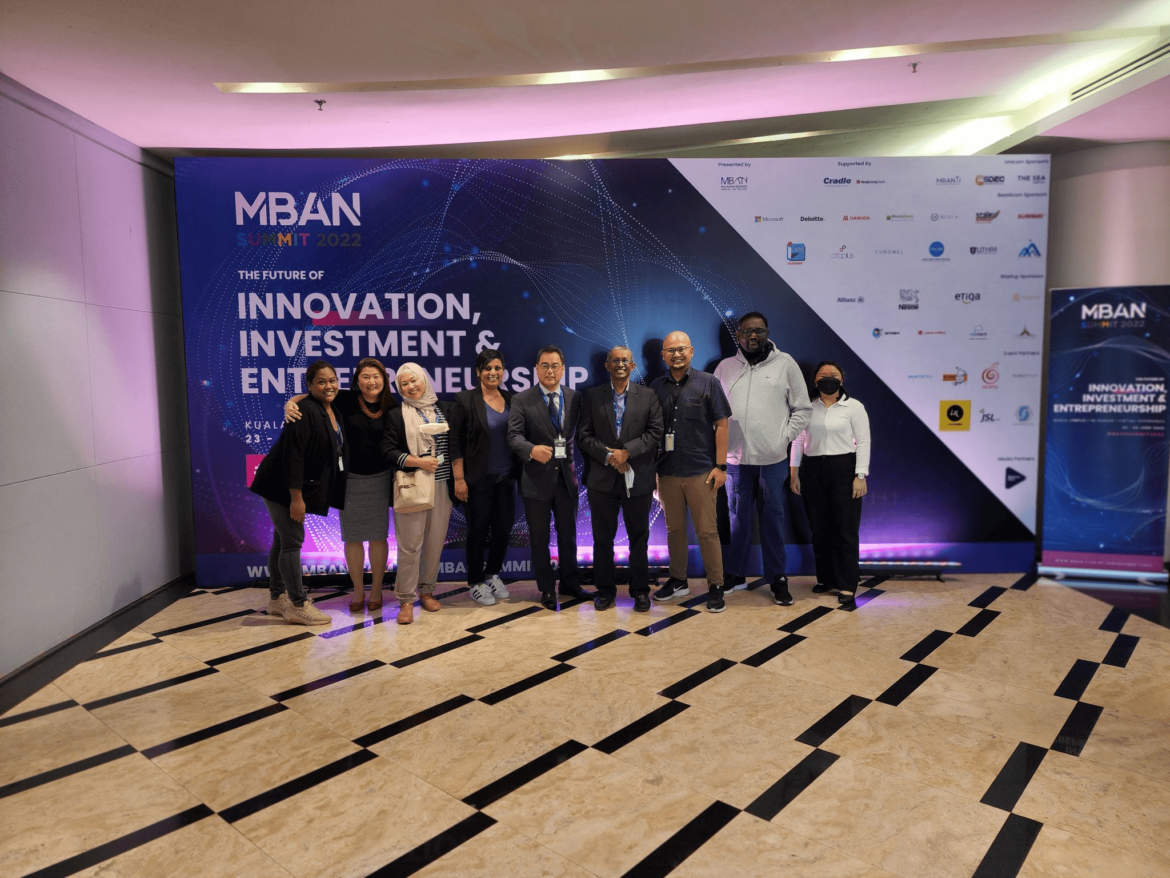What Is a Hybrid Event?

To put it simply, a hybrid event platform merges virtual and in person with virtual component, allowing attendees to engage either on-site or online.
This concept features a central event venue used for physical event attendance alongside a digital platform that broadcasts live content and fosters virtual audience.
By catering to both aspects, hybrid events offer flexibility and accessibility, making them an increasingly popular choice for maximising reach and inclusivity.
Hybrid Events Are Here to Stay

The power that lies in hybrid events is in their ability to adapt to the changing demands of the audience and technology.
As businesses and organisations worldwide recognise the value of inclusivity and extended reach, hybrid events continue to gain popularity for future events planning.
Hybrid events can also cater to those who prefer digital participation whether due to convenience or health concerns while also sustaining engagement with global audiences, ensuring that geographical boundaries do not limit event accessibility.
This adaptability makes hybrid events a sustainable choice for the future.
Real-World Examples: Hybrid Events Done Right
From global tech conferences to local workshops, successful hybrid events have set the bar in effectively blending in-person and virtual audiences.
TNB Corporate Identity Launch

In July 2023, TNB collaborated with Evenesis to introduce their new corporate identity using a hybrid event platform, which seamlessly integrated both physical and virtual event participation.
The launch attracted 100 in-person attendees and 1720 online, showcasing TNB’s revamped identity with engaging presentations and visuals.
Evenesis ensured a seamless experience by managing registrations, attendee tracking, and providing customised technological solutions.
This event exemplified the advantages of hybrid models that merge in-person and digital elements to captivate a diverse audience.
TNB’s use of hybrid platforms, coupled with strategic technology use, clear communication, and professional support, effectively expanded its reach and achieved its organisational objectives, signalling a significant development in its branding evolution.
Evenesis and the MBAN Summit 2022

The MBAN Summit 2022, hosted by Evenesis, was more than just a conference; it was a fusion of virtual and physical interactions.
At the summit, participants delved into optimising their investments and were introduced to cutting-edge startups poised to shape the future.
The success of such influential gatherings highlights the need for a skilled event management team, proficient in managing hybrid event complexities.
Evenesis stepped in to offer precise, tailored solutions for these complex events, not only ensuring smooth operation but also creating an engaging experience for all attendees.
Is A Hybrid Event Platform Right for You?
Deciding whether to host a hybrid event depends on several factors such as your objectives and target audience.
As for event organizers and planners, consider what you aim to achieve—do you need the expansive reach and accessibility that digital platforms offer? Or the intimate connection of in-person interactions?
Assess your audience’s preferences: Are they globally dispersed, or primarily local?
Also, think about logistics like exhibitors and sponsors. Will a virtual exhibit hall meet your needs, or is a physical space crucial?
And don’t forget about sponsorship opportunities—hybrid events can offer innovative ways to engage both live and online sponsors.
By evaluating these elements, you can determine if the hybrid event format really aligns with your event goals and audience needs.
Advantages of Going Hybrid
1. Improvement of return on investment (ROI)
Hybrid events often lead to more attendees and an improved ROI due to their broader reach and reduced venue costs.
By accommodating the online audience, organisers can tap into a larger audience without the proportional increase in physical space or logistical expenses.
2. Valuable data

Hybrid events excel in gathering detailed attendee data, offering insights that are harder to capture at an entirely in-person event.
This wealth of information not only helps in refining future event strategies but also in personalising marketing efforts and improving attendee satisfaction over time.
3. Increased attendance
Hybrid events allow people from all over the world who may be restricted by travel limitations, time constraints, or budget concerns to participate.
This inclusivity not only boosts attendance numbers but also enriches the event experience by diversifying the perspectives and interactions among participants.
4. Wider audience reach
Hybrid events significantly expand your audience reach beyond local or even national boundaries by breaking down geographical barriers; enabling attendees from different continents to join in real-time or access recorded sessions at their convenience.
Such extensive reach makes your event more accessible and inclusive, inviting a diverse mix of participants that can greatly enhance the dialogue and networking opportunities.
5. Flexibility
Through hybrid events, organisers can adapt the event in real-time based on attendee feedback and participation, whether increasing interaction opportunities or shifting focus between in-person and virtual components.
This adaptability ensures that all participants, regardless of how they choose to attend, have a rich and engaging experience tailored to their preferences and circumstances.
6. Convenience

Hybrid events offer unparalleled convenience, allowing attendees to choose how they participate.
Whether from the comfort of their own homes or experience the event in person.
7. Increased engagement
Hybrid events foster increased engagement by leveraging interactive tools across both digital and physical platforms such as live polls, Q&A sessions, and chat features.
At the same time, in-person attendees benefit from direct interaction and real-time networking.
This dual approach keeps all attendees involved and connected, boosting the overall energy and interaction of the event.
8. Reduced carbon footprint
Hybrid events contribute to environmental sustainability by reducing the need for travel, which in turn lowers carbon emissions associated with large-scale, in-person gatherings.
By offering a virtual attendance option, fewer participants need to fly or drive to the event location, significantly decreasing the overall environmental impact.
This makes hybrid events an eco-friendly choice for organisations committed to sustainability.
9. Customisable experience
Hybrid events excel in offering customisable experiences to attendees where they can choose which sessions to attend, interact with the event content in ways that suit them best, and even engage with different types of media.
This personalisation enhances user satisfaction and engagement, as each attendee can tailor the event experience to their own preferences and needs.
Types of Hybrid Events to Consider
Hybrid events can take many forms each designed to meet diverse organisational needs and goals.
1. Trade shows
Hybrid trade shows enable exhibitors to showcase their products to both in-person attendees and remote viewers via digital booths and live-streamed presentations.
This dual approach increases exhibitor visibility and enhances attendee interaction, providing more opportunities for networking and lead generation.
2. Webinars
Hybrid webinars allow presenters to broadcast to a global audience while maintaining the intimacy of a live, in-person audiences.
This format enables interactive elements such as live polling and Q&A sessions, engaging both virtual and on-site participants.
3. Product launches
Hybrid product launches offer the best of both worlds, allowing companies to unveil new products with the excitement of a live event while broadcasting to a global audience online.
This approach not only amplifies the reach but also engages diverse consumer segments through interactive features like real-time feedback, virtual tours, and exclusive online content, creating a buzz across multiple platforms.
4. Conferences
With a hybrid format, it allows attendees from around the world to participate, increasing the diversity of viewpoints and knowledge sharing.
It also enables organisers to feature speakers from different locations without the constraints of travel, enhancing the richness of the content and the overall educational value of the conference.
5. Training seminars
Hybrid training seminars combine the interactive benefits of in-person training with the convenience of online participation.
This model allows trainers to reach a wider audience while providing personalised attention and immediate feedback.
Participants can engage in real-time discussions, access supplementary online materials, and even participate in virtual breakout sessions, making learning more accessible and effective for everyone involved.
Conclusion
As we’ve explored, hybrid events combine the best of both in-person and virtual element, offering flexibility, broader reach, and enhanced engagement for both in-person and online attendees.
We are proud to mention that Evenesis has recently been honoured with the MY STI Recognition, a testament to our commitment to innovation and excellence in the event management industry.
This accolade further solidifies our expertise and dedication to providing top-notch, hybrid event planning solutions.
Embrace the future of events with Evenesis, where your event possibilities become endless.


